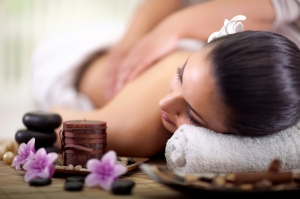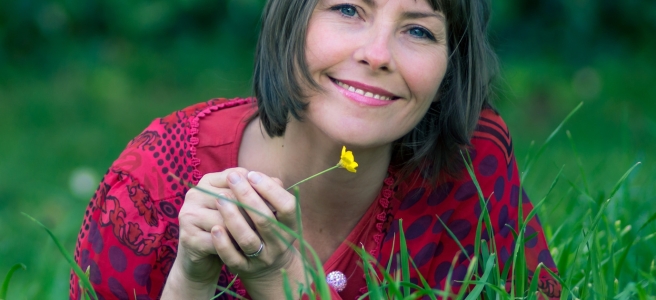When was the last time you paused to consider your well-being and what does it mean to you?
Wikipedia describes well-being as “a general term for the condition of an individual or group, for example their social, economic, psychological, spiritual or medical state”. It explains that people’s “well-being develops through assessments of their environment and emotions and then developing an interpretation of their own personal self”.
Well-being is often perceived as a subjective experience, based on satisfaction of the past, optimism for the future, happiness and contentment in the present. “It involves a sense of self-fulfillment, which is the feeling of being happy and satisfied because you are doing something that fully uses your abilities and talents” (Merriam-Webster).
1. Discover your life purpose
When people feel as though they have a purpose in the world they feel like they belong and they matter to society. Fulfilling your purpose in life is one of the most rewarding things you can do for yourself, you may find this comes through your work or perhaps through volunteering or raising a family. My own well-being has been increased immeasurably since starting my journey as a Holistic Therapist, 15 years ago. I feel very fortunate to work with wonderful clients and helping them to improve their health & well-being gives me a great sense of satisfaction and fulfillment.
2. Connect with like-minded people
The feeling of connection with others is also a contributing factor to well-being. Joining a local network or community group is a great way to meet like-minded people and develop your shared interests. Having people around you that understand and support your journey can help reduce loneliness and encourage you to develop at a faster pace with more ideas and motivation.

3. Focus on the positive
People often assess their own well-being in relation to their environment and the lives of others around them. Well-being is also subjective to how they feel other people in their environment view them, whether that be in a positive or negative way. It’s easy to get into the habit of comparing yourself and your situation to others, but experience has taught me that we never truly know what may be happening in someone’s private life and their situation may not be as rosy at it appears to be! Try instead to appreciate all the positive things in your life and express gratitude to your loved ones, which will in turn attract more good things your way, and increase your sense of well-being even during difficult times.
4. Find your happy place!
The quality of life of an individual and society is dependent on the amount of happiness and pleasure, as well as human health. Discovering what makes you happy and gives you pleasure is time well spent, when it comes to improving your well-being. It could be something as simple as a walk in the countryside with family or friends, having a relaxing holistic treatment; such as a massage or reflexology, or visiting the theatre.

5. Practice regular meditation
Learning a skill such as meditation is a valuable investment in your physical and mental well-being. In his book, entitled Meditation, achieving inner peace and tranquility in your life, Brian L. Weiss states “the deeper that meditation takes us, the further we move away from the level of everyday consciousness (encompassing frustration, stress, anxiety and worry) and the closer we draw to our higher self, with its capacity for love”. I teach meditation techniques and clients have often remarked how it has helped them to feel calmer and able to deal with stress and relationships in a more positive way. There are also some great apps now available such as Calm and Headspace to help you practice, even if you’re away from home.
I work with local clients to help them set goals to improve their health and well-being, using a combination of complementary therapies and wellness coaching. Clients undertake an initial wellness assessment, where we review aspects of their well-being such as quality of sleep and stress levels. Based on these results I develop a personalised treatment plan which will help them achieve their goals resulting in tangible improvements in their health and well-being. This approach works particularly well with clients who’ve been suffering with a chronic health condition or have a specific goal, such as wanting to start a family or improve their energy levels.
If you’d like to try a holistic approach to improve your well-being, please contact me to book your wellness assessment. You can also find out more about the therapies I offer by visiting my Facebook page. I look forward to hearing from you!


